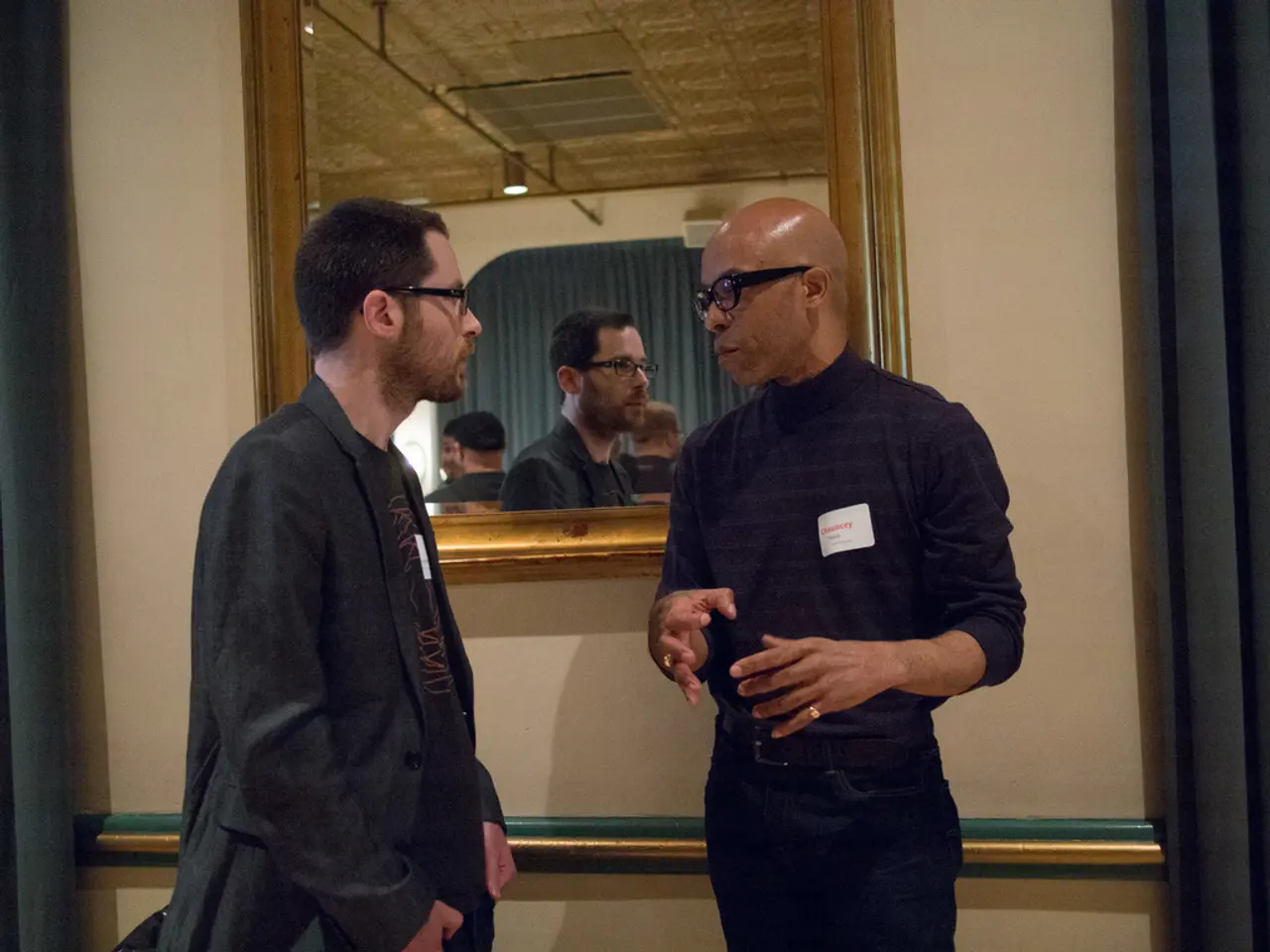Global politics: Proposed role of Nigeria in shaping future international trade and finance
Nigeria, Africa's largest economy and most populous nation, finds itself at the forefront of continental trade negotiations, particularly in the AfCFTA (African Continental Free Trade Area) and BRICS (Brazil, Russia, India, China, and South Africa) forums. This leadership position strengthens Nigeria's capacity to influence continental priorities, especially in services and investment.
However, the path to economic openness is not without challenges. The balancing act between economic openness and protectionist policy has raised compliance costs, dampened investment appetite, and stifled innovation in Nigeria. Bretton Woods institutions continue to advocate for openness as the optimal growth strategy, yet major economies are increasingly employing protectionist measures.
Nigeria's admission into BRICS enhances its role as Africa's gateway for emerging partnerships and South-South cooperation. To maximise these opportunities, Nigeria must align its industrial policy, digital economy strategy, and energy transition plan with continental goals while implementing governance reforms that channel capital into productive, job-creating sectors.
The shifting global trade and investment order presents opportunities for Nigeria to leverage its resources and political weight. Anchoring supply chains in manufacturing, minerals processing, and renewable energy would reduce vulnerability to external shocks and advance AfCFTA's goal of raising intra-African trade by 50% in the next decade.
In Nigeria's agribusiness and manufacturing sectors, firms face complex and contradictory policy demands, such as complying with AfCFTA rules, local content mandates, import restrictions, and backward integration policies. Reforms aimed at streamlining processes and institutionalising cost-effective administration have been implemented, but high entry and operational costs persist under a duplicative, inconsistent, and revenue-driven regulatory regime.
For Africa, the shifts in the global trade landscape offer opportunities for diversified investment, improved trade terms, and strengthened leverage in global forums. However, stricter rules of origin, carbon border adjustments, and tougher supply-chain standards could block access to high-value markets without costly domestic upgrades.
External engagement from BRICS, the EU, or the US will only yield sustainable transformation if Africa integrates national and regional strategies into a coherent continental agenda. The AfCFTA, which includes 54 African countries and covers approximately 90% of the African Union member states that have ratified the agreement, aims to facilitate intra-African trade and investment, industrialization, and regional value chains.
Amid these shifts, the African Union (AU) is attempting to provide a coordinated development framework, with the African Union Commission (AUC) spearheading integration. However, competing logics have created policy uncertainty and raised compliance costs for firms, particularly for SMEs lacking compliance capacity.
Nigeria must clearly define its strategic priorities within the delicate balance of liberalisation and protectionism, ensuring openness attracts quality investment while safeguarding national interests. Progress remains uneven, slowed by fragmented policy implementation, capacity gaps, and competing national priorities. Nigeria's dependence on primary commodities and weak value-addition capacity have prevented economic transformation.
In conclusion, Nigeria's role in the AfCFTA and BRICS could show how targeted industrial policy, resource beneficiation, green branding, and facilitation reforms can catalyse intra-African trade. For Nigeria and Africa as a whole, navigating the delicate balance between openness and protectionism is crucial to unlocking the continent's economic potential and ensuring sustainable, inclusive growth.
Read also:
- Understanding Hemorrhagic Gastroenteritis: Key Facts
- Stopping Osteoporosis Treatment: Timeline Considerations
- Trump's Policies: Tariffs, AI, Surveillance, and Possible Martial Law
- Expanded Community Health Involvement by CK Birla Hospitals, Jaipur, Maintained Through Consistent Outreach Programs Across Rajasthan








